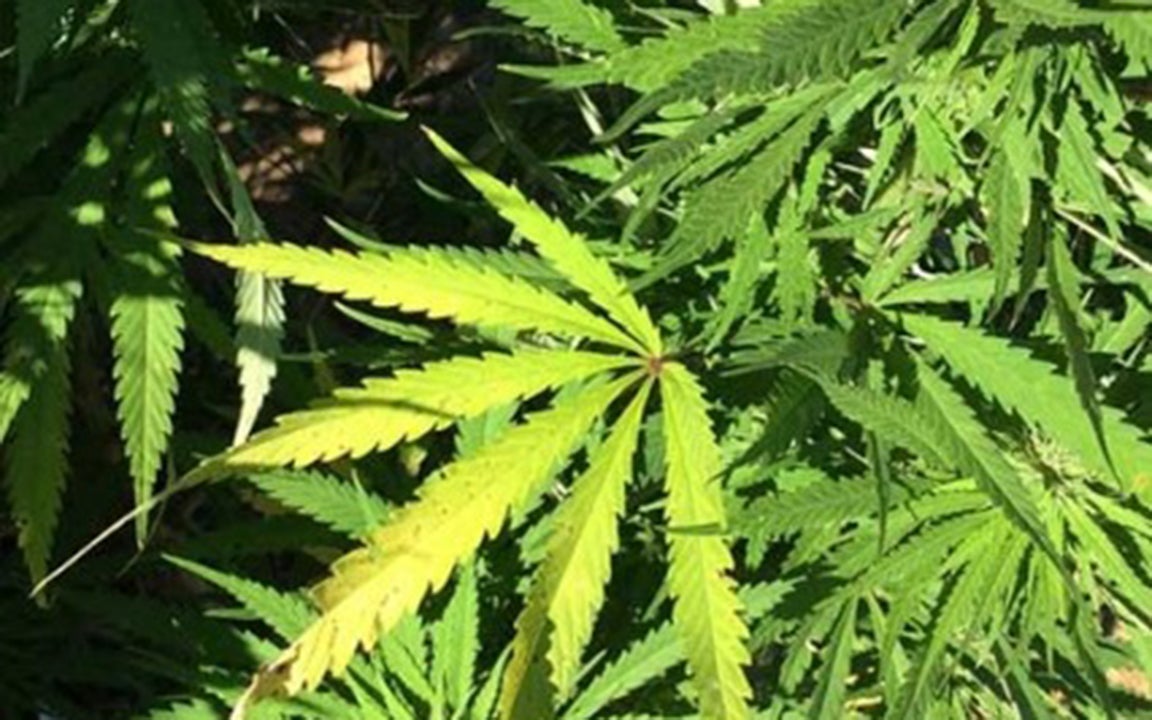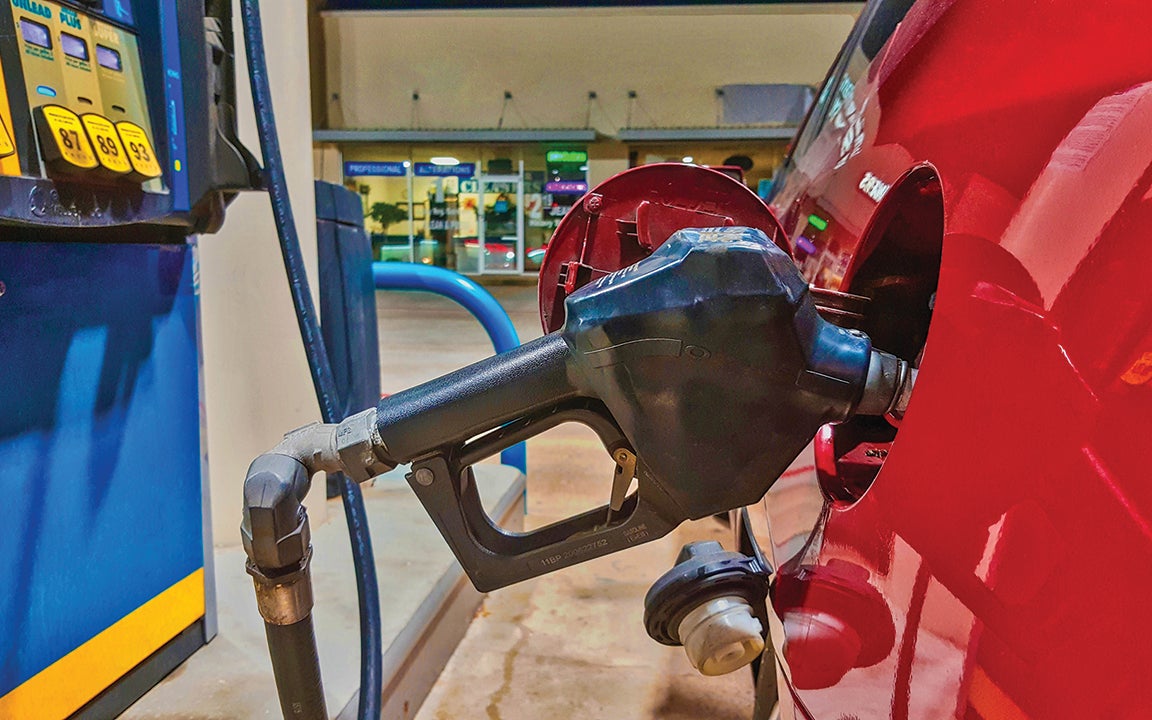Medical marijuana legalization in North Carolina gets hearing in Senate
Published 9:28 pm Wednesday, June 23, 2021

- NIDA photo
|
Getting your Trinity Audio player ready...
|
By Gary D. Robertson, Associated Press
A bipartisan effort to legalize marijuana for medical use in North Carolina got a legislative committee hearing on Wednesday. But it’s unclear whether enough legislators are ready now to alter their views on pot to make it law.
With nearly three-quarters of states already allowing medical marijuana, senators who unveiled their framework told colleagues the measure takes health and safety seriously while offering palliative care for those with painful or life-threatening illnesses such as cancer.
Similar bills have failed to get traction over the past decade, unable to garner enough support. But views on marijuana have been changing quickly.
“To some people, it is a contentious issue and to some people it is not,” said Senate Rules Committee Chairman Bill Rabon of Brunswick County, a bill sponsor and cancer survivor. “I think there’s nothing less compassionate on this Earth than to watch a person you love suffer when there’s something that can ameliorate at least that suffering … I think it is time to bring this forward.”
The legislation would create a new regulatory system in which patients are declared in writing by a physician to have one of several “debilitating medical conditions” to obtain an ID card to purchase or possess marijuana and cannabis-infused products. The patients’ caregivers also could be registered.
The health conditions would include cancer, epilepsy, HIV/AIDS, Crohn’s disease, post-traumatic stress disorder and multiple sclerosis, including for those suffering nausea related to hospice care. Doctors would declare in writing that the potential health benefits of cannabis use for a patient outweigh the risks. Recreational use of pot would remain illegal.
Qualifying patients could obtain medical cannabis products for smoking or other uses through 10 suppliers licensed by a new state commission. Each supplier would control production from seedlings to sale, with up to eight “medical cannabis centers” from which to sell to the public. Suppliers would have to pay 10% of gross revenues monthly to the state Department of Health and Human Services.
The measure contains safeguards, such as an online system for cannabis centers and police to check patient registrations. And suppliers would still be subject to cannabis prosecution if found to be driving while high or delivering cannabis to people who aren’t registered.
Thirty-six states currently permit cannabis products for medical use, while 18 states and the District of Columbia have passed legislation regulate adult use of cannabis, according to the National Conference of State Legislatures. Come July 1 in Virginia, adult residents can legally possess up to one ounce of marijuana for use.
Committee speakers included military veterans who served in the Iraq War and suffer with PTSD. They say they know of colleagues who have committed suicide because of the mental anguish that was often treated with pharmaceuticals.
“I do not seek to get ‘stoned.’ It’s not what it’s about,” said Josh Biddix, an ex-Marine who served in Iraq and as a former Asheville and Gastonia police officer. He is now a hemp farmer, which is lawful in North Carolina. “But I do seek pain relief and stress relief from anxiety and (PTSD) without the plethora of medications. Cannabis, in my opinion, is a lot safer and a lot better alternative than alcohol.”
The Rev. Mark Creech of the Christian Action League of North Carolina opposed the measure, saying that while he was moved by the other speakers, the states that offer medical marijuana correlated with locales with higher rates of marijuana addiction.
“Marijuana is not medicine, and science has never been conclusive that it is proven safe or effective as other (U.S. Food and Drug Administration) approved medications have,” Creech said. He added that he hoped senators “will see through the haze” about marijuana’s effectiveness.
Several committee members praised Rabon for the measure. Some Democrats want marijuana use more decriminalized broadly.
At least two committee Republicans said they were skeptical about medical marijuana. The bill wasn’t voted upon Wednesday and would have to clear four committees before reaching the Senate floor and heading to the House if approved. But the GOP lawmakers said they could be persuaded.
“I do have a number of concerns, morally and otherwise, but I’m trying my best to look at this with open eyes, and I might be convinced,” said Sen. Chuck Edwards, a Henderson County Republican.
RECENT HEADLINES:
Several scenic byway signs have been stolen since original installation




